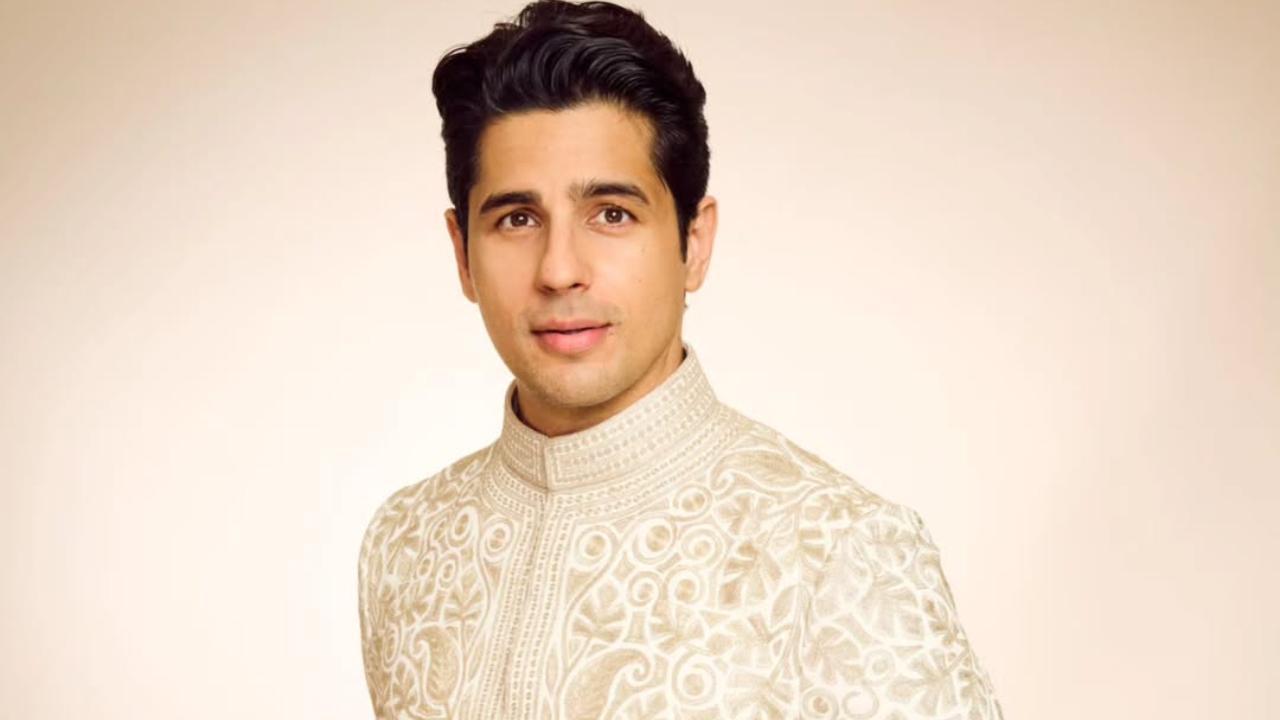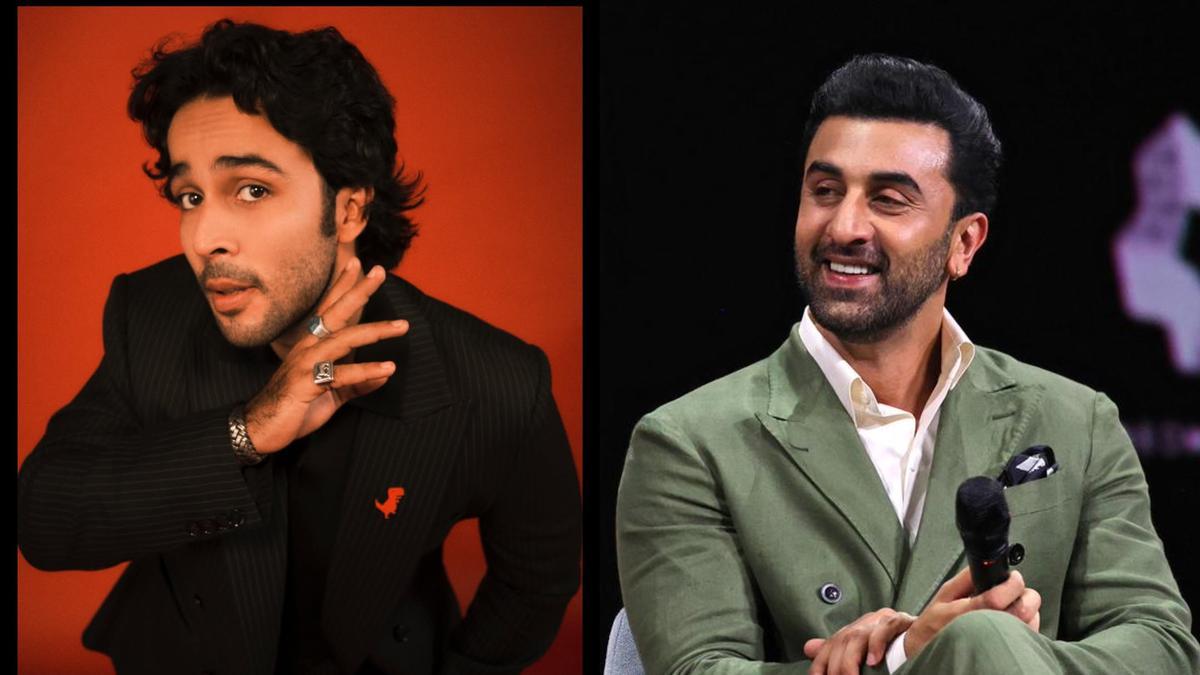
In a remarkable display of solidarity, Denmark’s male footballers have opted not to accept a salary increase for their national team duties. Instead, they have chosen to champion the cause of equal pay for their female counterparts. This decision, confirmed by the players’ union on Friday, marks a significant step towards gender parity in the realm of sports.
“The men’s team chose not to ask for a salary increase . . . to improve the conditions of the women’s team,” said union spokesperson Magnus Hviid in an interview with AFP. Hviid underscored the importance of this gesture, referring to it as “an extraordinary measure to help take this small step in the right direction,” but also highlighted that there remain various “glass ceilings to break to ensure equal opportunities and conditions within national teams.”
With disparities in pay and conditions in the sporting world receiving increasing scrutiny, the Danish male footballers’ decision stands out as a beacon of hope for advocates of gender equality. By refusing to pursue higher wages for themselves, the male team members have not only raised awareness about the issue but have also provided tangible benefits to their female colleagues.
Hviid elaborated on the specifics of the agreement, stating that their actions had secured “the same basic salary for the women’s national team and the men’s national team, as well as better insurance coverage for the women’s team.” This move ensures that the women’s national team receives equitable remuneration for their efforts on the field, narrowing the gap that has long existed in professional sports.
This stride towards equality was possible due to the unity and commitment shown by Denmark’s male footballers. Their collective choice represents a significant shift in the traditionally male-dominated sports industry. It acknowledges the hardships and the long-overlooked efforts of female athletes, who have often faced systemic biases and reduced financial opportunities compared to their male counterparts.
The decision comes against the backdrop of a broader global movement calling for equal pay and conditions in sports. Just two years ago, the U.
.S. women’s national soccer team reached a landmark settlement in their fight for equal pay, and the momentum of such campaigns continues to influence policy and public opinion worldwide.
However, despite this noteworthy triumph, Hviid cautioned that there is still much work to be done. “While this is an important step forward, we must continue striving for equity. There are still more glass ceilings to break to ensure equal opportunities and conditions within national teams,” he stated. His words act as a call to action for continued efforts toward equity in sports, emphasizing that this victory, while significant, is not the end of the road.
Denmark’s male players’ refusal to benefit financially while their female counterparts remained underpaid is a powerful testament to the values of fairness and justice. Their actions send a strong message to other male-dominant sports teams around the world, indicating that the pursuit of equal pay in sports is not just the responsibility of women but a shared endeavor that requires support from all quarters.
The story has been widely picked up and redistributed by various media agencies, bringing international attention to the initiative taken by the Danish footballers. It’s a moment that holds the potential to influence and inspire other national teams and sports organizations globally to reconsider and evaluate their pay structures with a lens focused on equity and fairness.
As this news continues to circulate, it is crucial to acknowledge the need for structural changes within the world of sports. Ensuring fair pay and conditions for female athletes is not just a matter of ethics but also one of recognizing and valuing their professional contributions equally.
With global audiences becoming more aware and concerned about gender equality, the proactive measures taken by Denmark’s male footballers could indeed serve as a pioneering effort. This act not only fosters a healthier and more unified sporting environment but also sets a commendable precedent for future generations to follow.
For now, this progressive move by Denmark’s male football team is a powerful indication that positive change is possible when there is a collective will to champion equality. The journey towards full gender parity in sports continues, but with such robust actions, the path forward looks more hopeful than ever.










